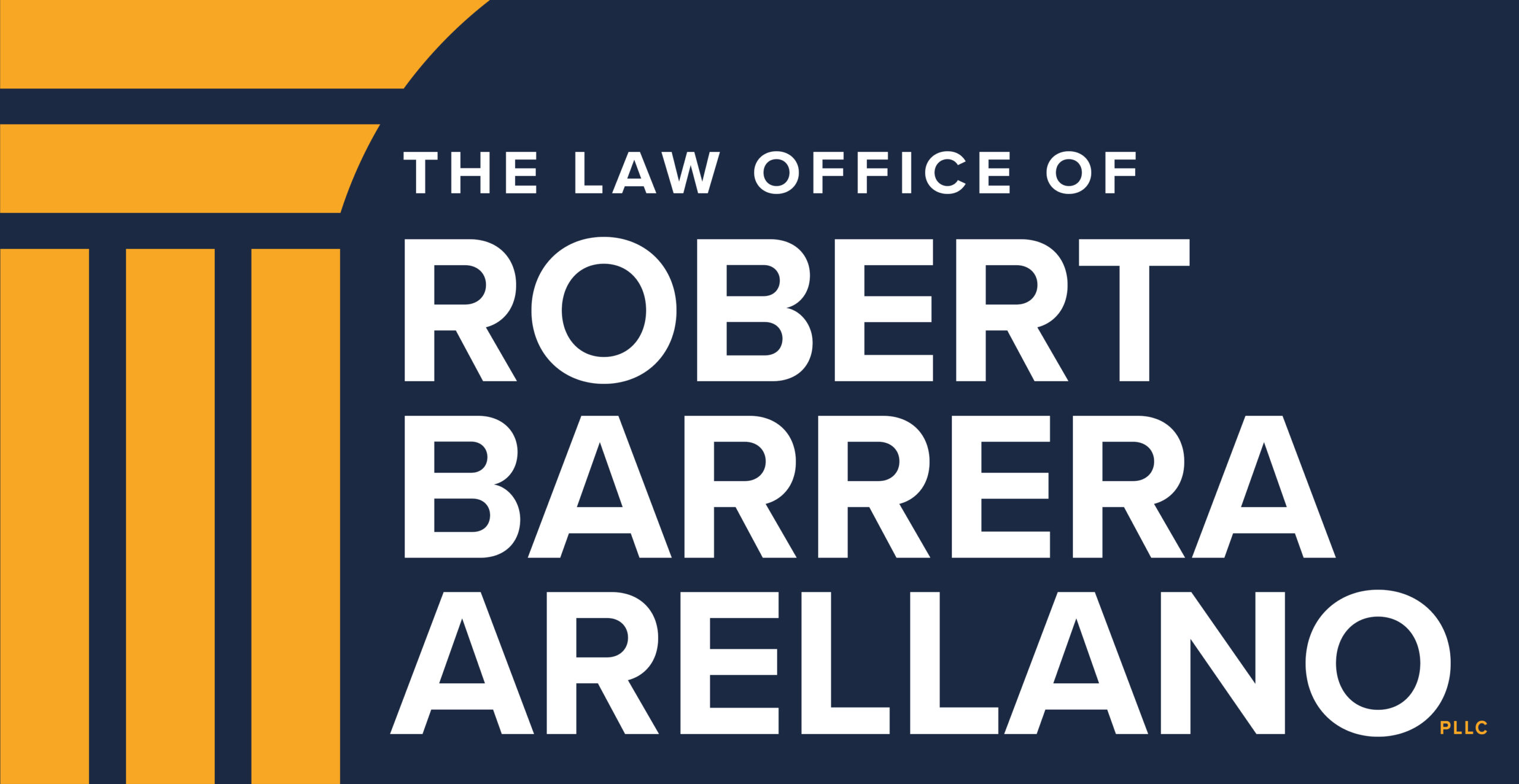
Juvenile Crimes Blog
Immediate Aftermath of a Juvenile Arrest
Law Enforcement Procedures
When a minor is arrested in Texas, they are taken into custody and booked. This includes recording personal details, taking fingerprints, and possibly a mugshot. Unlike adults, juveniles are not typically held in adult jails but may be sent to a juvenile detention center.
Juvenile Rights During Arrest
A juvenile has the right to remain silent and the right to an attorney. Parents should remind their child not to answer any questions without a lawyer present. Law enforcement must notify parents or guardians of the arrest as soon as possible.
The Role of Law Enforcement in a Juvenile Arrest
Juvenile arrests differ significantly from adult arrests. Officers may choose to release the child with a warning, refer them to a diversion program, or send them to juvenile detention for further legal proceedings.
Detainment & Release Process
When Will the Juvenile Be Released?
Release to Parents: If the offense is minor, law enforcement may release the child to their parents with a court date.
Detainment Until Hearing: For more severe offenses, the juvenile may remain in detention until a judge decides the next steps.
The Juvenile Detention Hearing
A detention hearing typically occurs within 48 hours of arrest. A judge will decide whether the child should be released or remain in detention.
Legal Consequences of a Juvenile Arrest
Types of Juvenile Offenses in Texas
Misdemeanors: Theft, vandalism, disorderly conduct
Felonies: Assault, drug offenses, weapon charges
Status Offenses: Truancy, curfew violations, underage drinking
Potential Penalties and Sentences
Probation
Community service
Court-ordered counseling
Juvenile detention
Steps Parents Should Take After Their Child’s Arrest
Contact a Juvenile Defense Attorney Immediately
The best way to protect your child’s future is to hire an experienced juvenile defense attorney. Call 210-247-4189 to get expert legal assistance.
Understand the Charges and Legal Process
Request and review the police report
Understand the potential penalties
Discuss defense strategies with your lawyer
Work with a Lawyer to Build a Defense Strategy
Seek case dismissal if there is insufficient evidence
Negotiate alternative sentencing such as diversion programs
Why You Need The Law Office of Robert Barrera Arellano
Experienced Juvenile Defense Representation
With years of experience handling juvenile cases, we fight to protect your child’s rights.
Dedicated Legal Support for Families
We understand the stress of a juvenile arrest and provide compassionate legal guidance.
Call Now for a Free Consultation – 210-247-4189
A juvenile arrest can have serious consequences, but with the right legal strategy, it’s possible to minimize the impact.

Yes, in severe cases, such as violent felonies, juveniles can be transferred to adult court.
A juvenile record can affect college applications, job opportunities, and military enlistment.
It depends on the case complexity. Some cases resolve in weeks, while others take months.
Yes, under certain conditions, a juvenile record can be sealed or expunged.
Contact an attorney immediately and avoid discussing the case with school officials until you have legal representation.